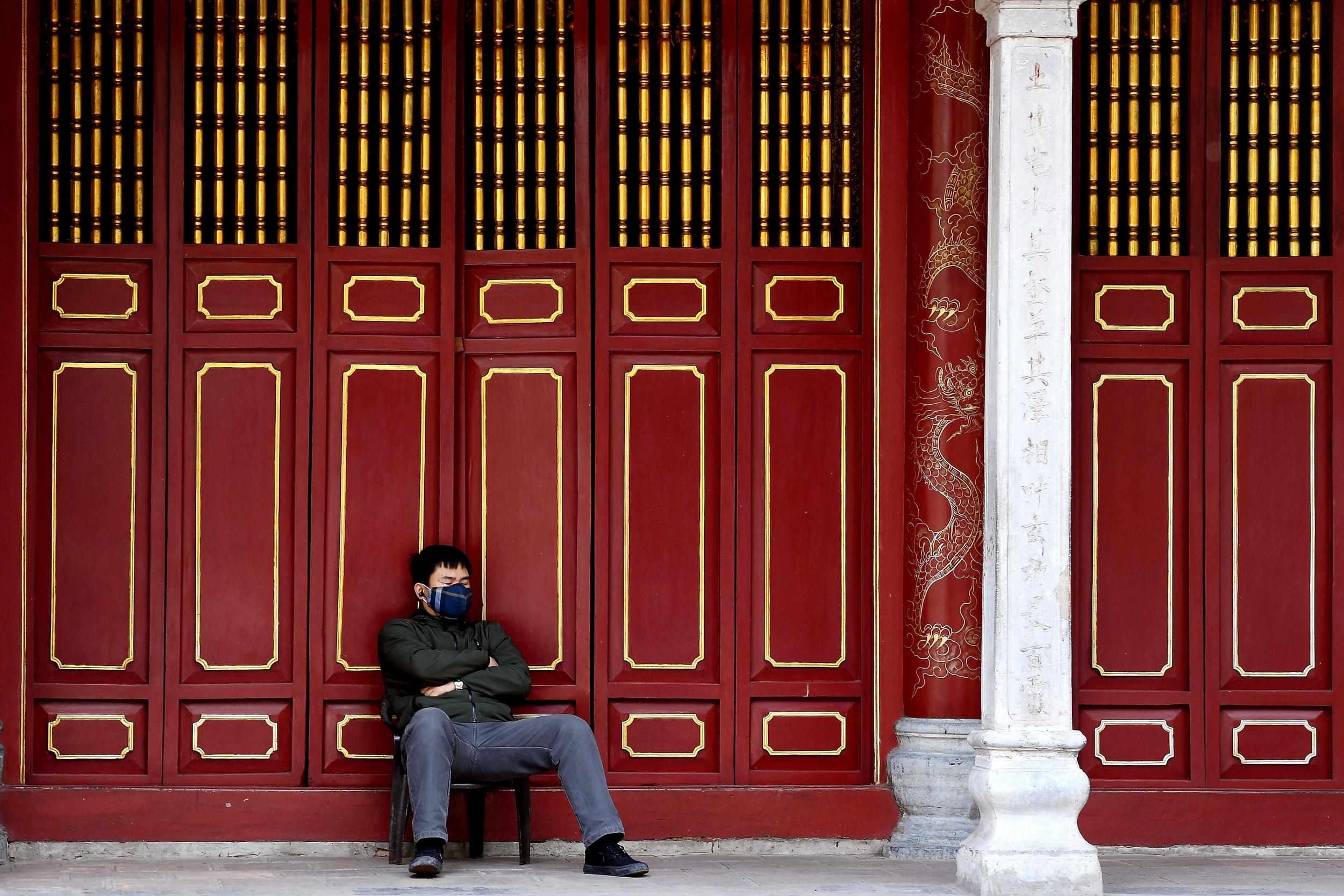Vietnam introduces ‘fake news’ fines for coronavirus misinformation
Local authorities have already fined hundreds of people for spreading misinformation about the virus
Your support helps us to tell the story
From reproductive rights to climate change to Big Tech, The Independent is on the ground when the story is developing. Whether it's investigating the financials of Elon Musk's pro-Trump PAC or producing our latest documentary, 'The A Word', which shines a light on the American women fighting for reproductive rights, we know how important it is to parse out the facts from the messaging.
At such a critical moment in US history, we need reporters on the ground. Your donation allows us to keep sending journalists to speak to both sides of the story.
The Independent is trusted by Americans across the entire political spectrum. And unlike many other quality news outlets, we choose not to lock Americans out of our reporting and analysis with paywalls. We believe quality journalism should be available to everyone, paid for by those who can afford it.
Your support makes all the difference.A new decree took effect in Vietnam on Wednesday introducing fines for the dissemination of ‘fake news’ or rumours on social media, amid the rapid spread of comment online about the novel coronavirus in the Southeast Asian country.
The first Covid-19 cases were detected in Vietnam this January and the health ministry has reported 267 infections so far with no deaths, numbers well below those seen in some other Asian countries.
Local authorities have already fined hundreds of people for posting what they described as “fake news” about the virus, using the term popularised by US President Donald Trump, based on existing legal provisions. But the new decree, drafted in February, supersedes one from 2013 which does not specifically cover ‘fake news’, new guidelines say.
A fine of 10-20 million dong ($426-$853), equivalent to around three to six months’ basic salary in Vietnam, will be imposed on people who use social media to share false, untruthful, distorted, or slanderous information, according to the decree.
The new rules were not specifically drafted to deal with coronavirus social media comment and extend far beyond that topic, raising concern among human rights groups already heightened by a cybersecurity law that has been in effect since last year.

Penalties can now be imposed on anyone sharing publications that are banned from circulation in Vietnam, state secrets, or maps which fail to show Vietnam’s claims in the South China Sea, according to the decree.
“This decree provides yet another potent weapon in the Vietnamese authorities’ arsenal of online repression,” said Tanya O’Carroll, Director of Tech at Amnesty International.
“It contains a raft of provisions that blatantly violate Vietnam’s international human rights obligations”.
As part of the crackdown on misinformation on the coronavirus, authorities have launched a public poster campaign bearing the slogan “Fake news, real consequences”.
Hundreds of fines have already been handed out, while three celebrities were also forced by authorities to offer public apologies.
Last month, a woman in the northern-central province of Ha Tinh was fined for a Facebook post within which she incorrectly said the coronavirus had spread to her local community. The post had just a handful of ‘likes’ before police took action.
Reuters

Join our commenting forum
Join thought-provoking conversations, follow other Independent readers and see their replies
Comments